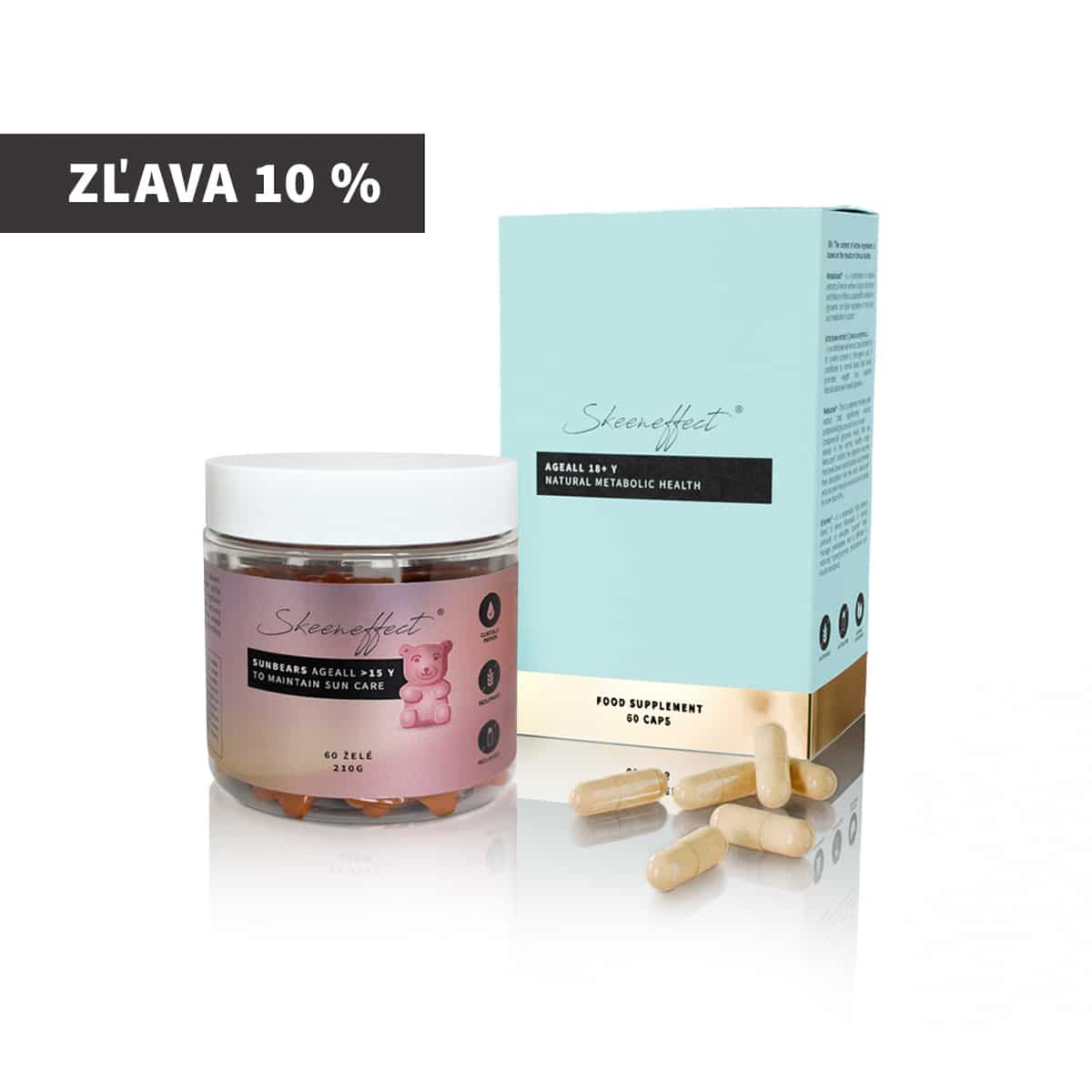
GLP-1 (Glucagon-like peptide-1) is a hormone that plays a key role in regulating blood sugar levels in the body. It is produced by L-cells in the small and large intestine and is secreted after eating.
The main function of this hormone is to stimulate insulin secretion, reduce the production of glucagon (which increases blood sugar levels), and thereby contribute to maintaining stable blood glucose levels. Additionally, GLP-1 slows down stomach emptying, which promotes a feeling of fullness and can help with weight management.
How does the hormone GLP-1 work??
GLP-1 is produced in the small intestine and has several important functions:
- Stimulates insulin secretion from the pancreas
Insulin is a key hormone that enables the body to convert consumed food into energy. It lowers the amount of glucose (sugar) in the blood. If the body does not have enough insulin, blood sugar levels rise, leading to diabetes.
- Suppresses glucagon secretion, which increases blood sugar
Glucagon is a hormone the body uses to increase blood sugar levels when needed. GLP-1 helps ensure that more glucose is not unnecessarily released into the bloodstream.
- Slows stomach emptying, contributing to a longer feeling of fullness
With slower digestion, the body releases less glucose into the bloodstream from the consumed food. Because GLP-1 slows stomach emptying and reduces appetite, it naturally decreases calorie intake and supports successful weight loss.
- Increases the feeling of satiety after eating
- Protects cardiovascular health
GLP-1 has anti-inflammatory effects, helps lower blood pressure, and improves lipid profiles—for example, it reduces LDL cholesterol levels.

What is the significance of GLP-1 in diabetes treatment??
Medications and dietary supplements containing GLP-1 are commonly used in the treatment of type 2 diabetes. They increase insulin secretion, reduce blood glucose levels, and help with weight management by suppressing appetite.
Natural ways to support the production of this hormone, as well as pharmacological interventions, offer a wide range of options for promoting health and metabolic balance. If you're looking for ways to improve your metabolism and glucose regulation, GLP-1 is certainly an important part of the equation.
How can we support increasing GLP-1 levels?
There are several natural ways to boost GLP-1 levels. You can achieve this by consuming:
• Citrus flavonoids
Compounds found in citrus fruits, such as hesperidin and naringenin, promote GLP-1 secretion. These flavonoids improve metabolic health and help regulate blood sugar levels.
• Fiber
A diet rich in fiber increases GLP-1 production in the intestines. For example, consuming whole grains, vegetables, and fruits contributes to higher levels of this hormone.
• Probiotics
Healthy gut bacteria have a positive effect on GLP-1 production, supporting better insulin response and blood glucose regulation.
• The active compound Eriomin®
Eriomin® is a powerful natural complex that targets metabolic health and supports GLP-1 levels. It consists of an innovative blend of citrus bioflavonoids, mainly eriocitrin from lemons and oranges.

This active compound reduces inflammation, supports insulin sensitivity, and stimulates GLP-1 levels, thereby helping regulate blood sugar levels and promoting metabolic health.
The natural ingredient Eriomin® is found in the dietary supplement Skeeneffect Natural Metabolic Health. This natural supplement is ideal for individuals with prediabetes or those who want to naturally improve their sugar metabolism.
Simply put, the hormone GLP-1 is your secret ally in maintaining stable blood sugar levels and supporting overall metabolic health! Support the production of this hormone naturally with the powerful compound Eriomin®, found along with other effective natural ingredients in our product Skeeneffect Natural Metabolic Health.










Its like you read my mind You appear to know so much about this like you wrote the book in it or something I think that you can do with a few pics to drive the message home a little bit but other than that this is fantastic blog A great read Ill certainly be back
Thank you so much for your kind words! 😊
I’m really glad to hear that the article resonated with you — your feedback truly means a lot. You’re absolutely right about the visuals; adding a few well-chosen images could definitely enhance the message. I’ll keep that in mind for future posts. Looking forward to having you back soon!